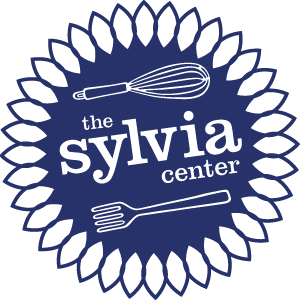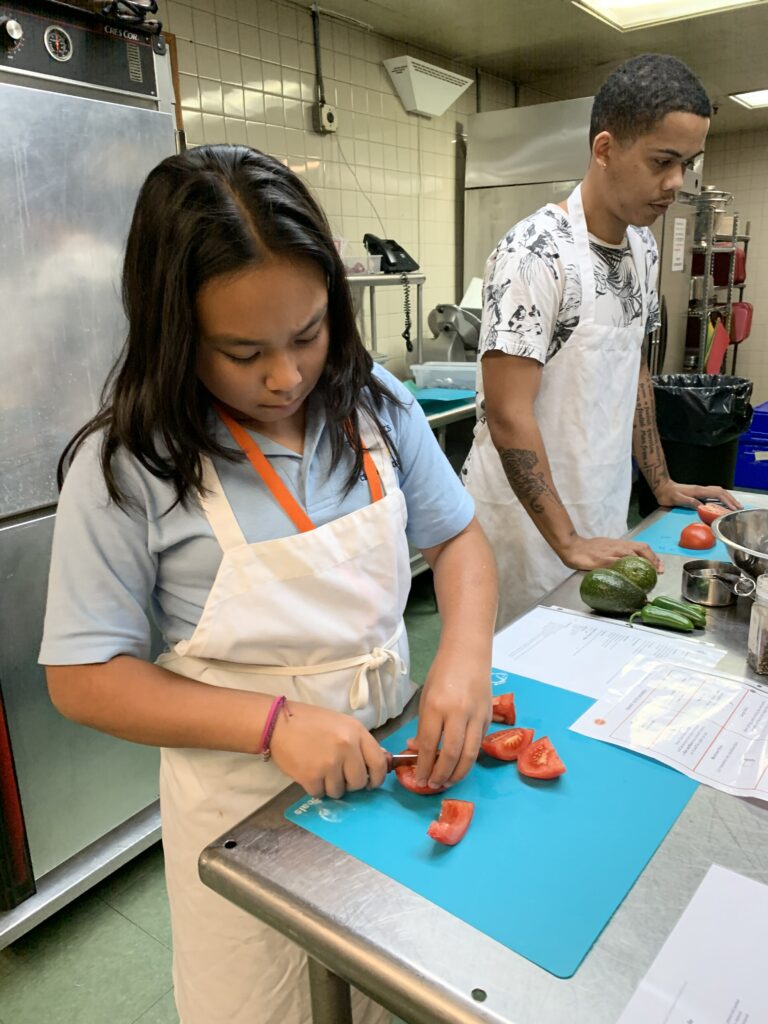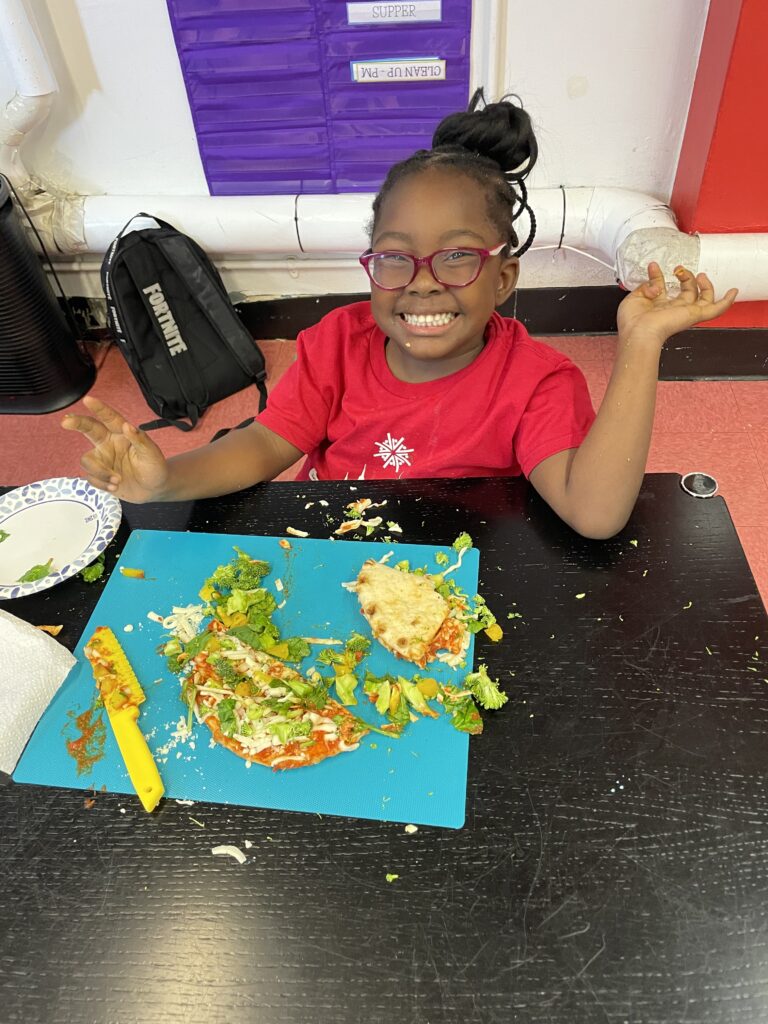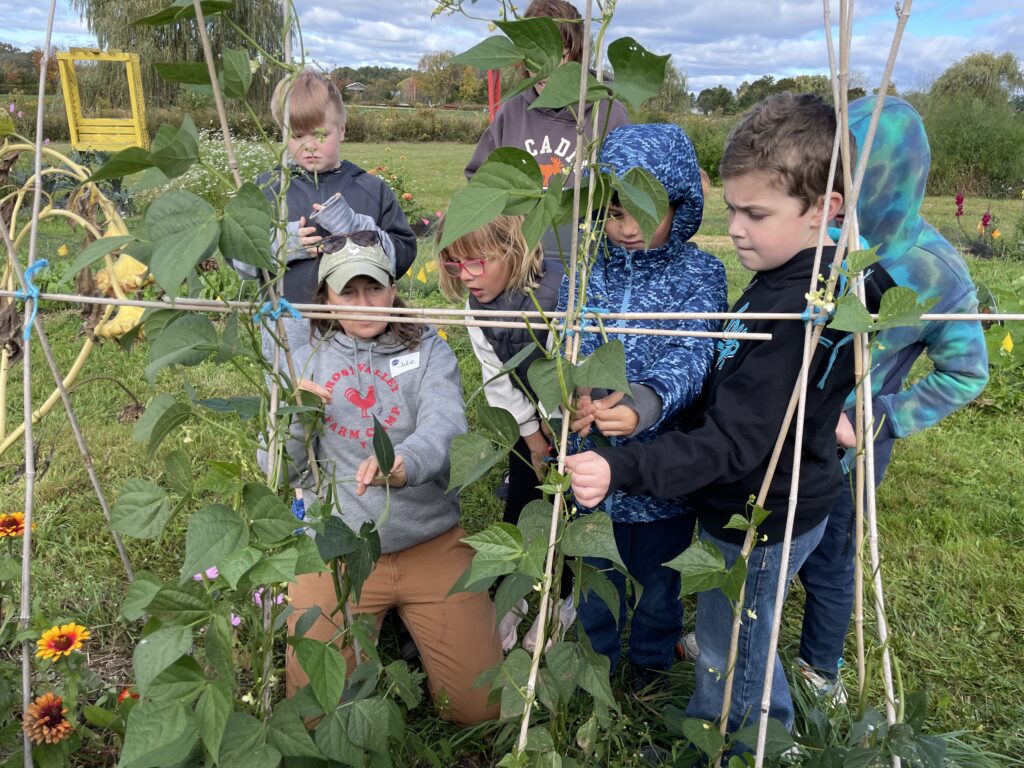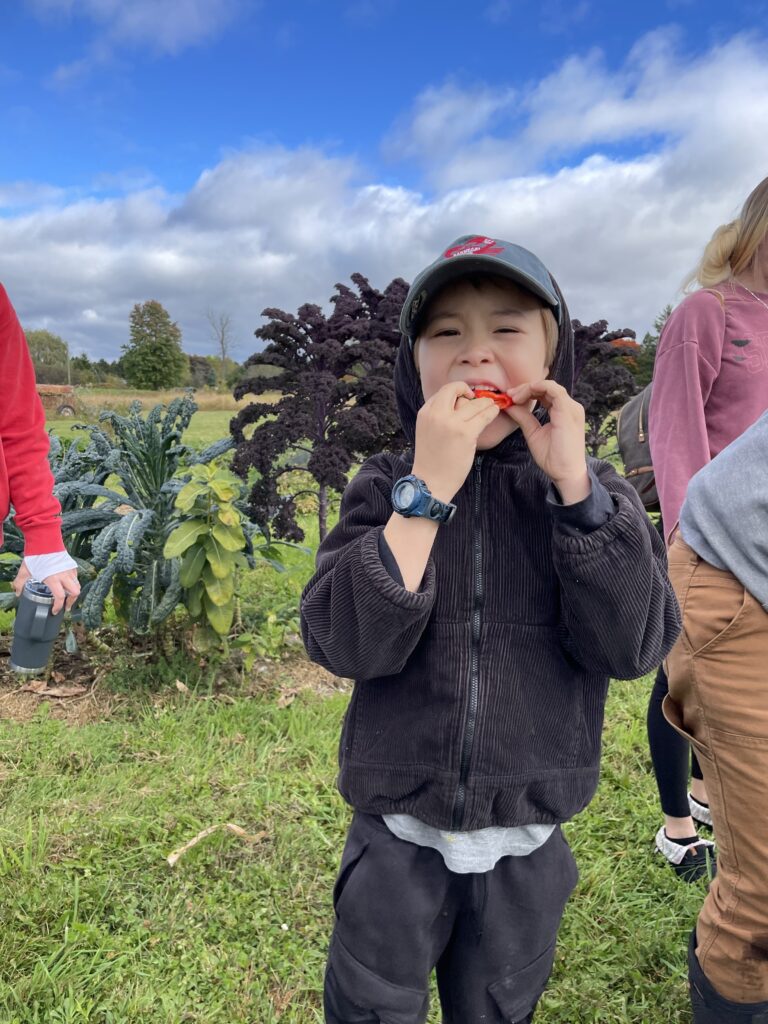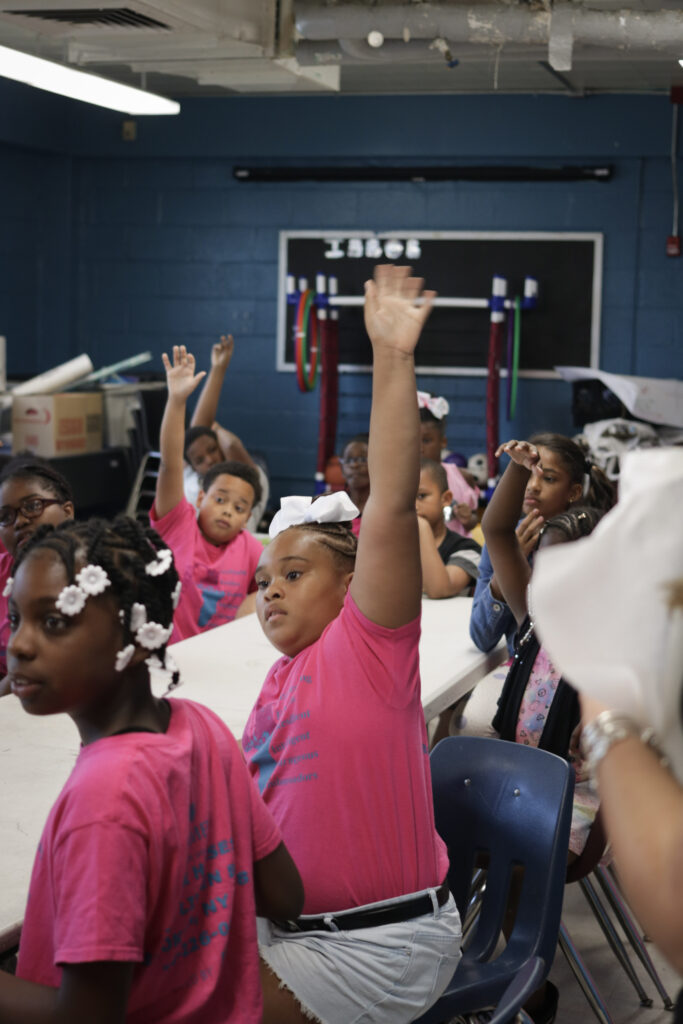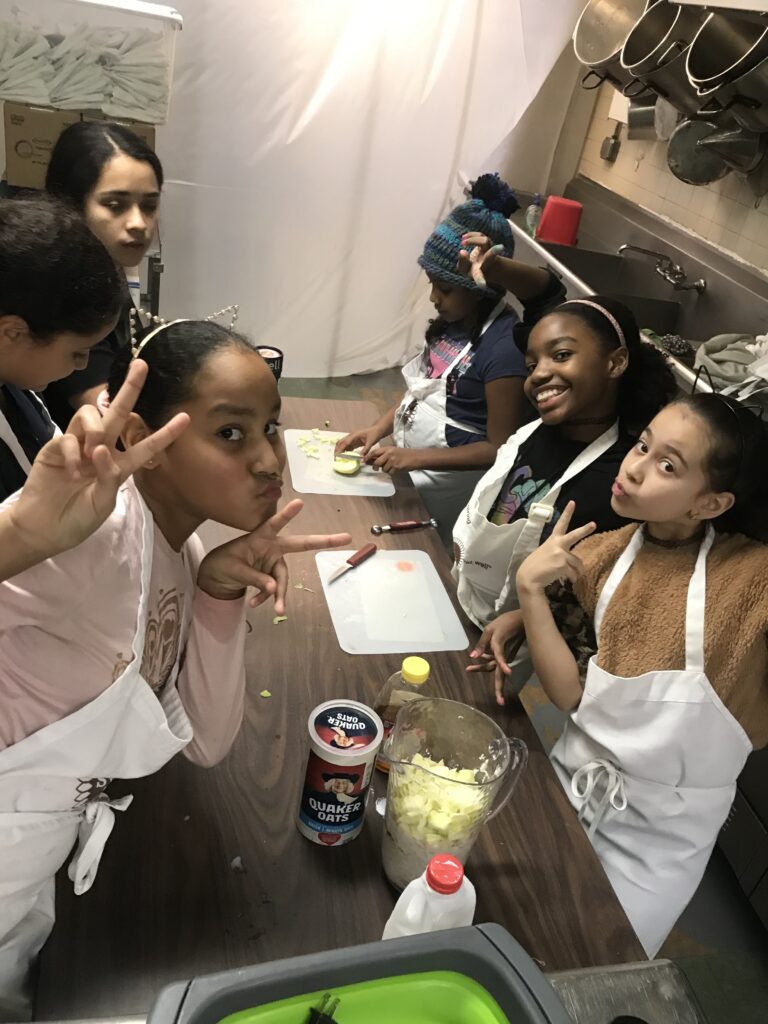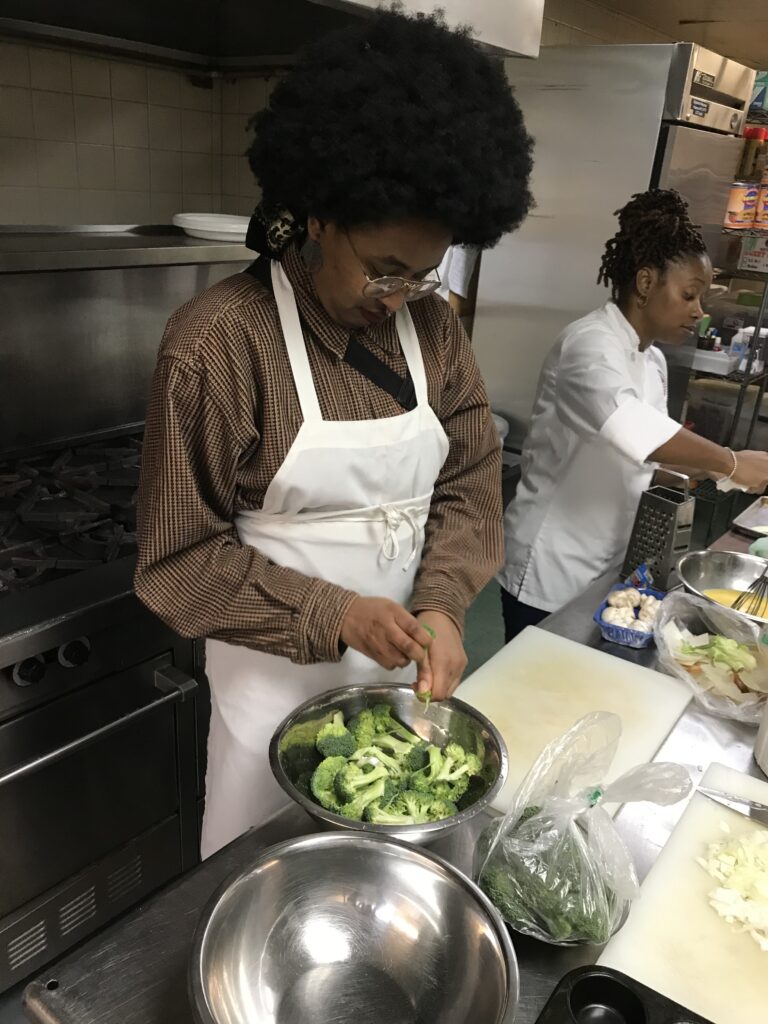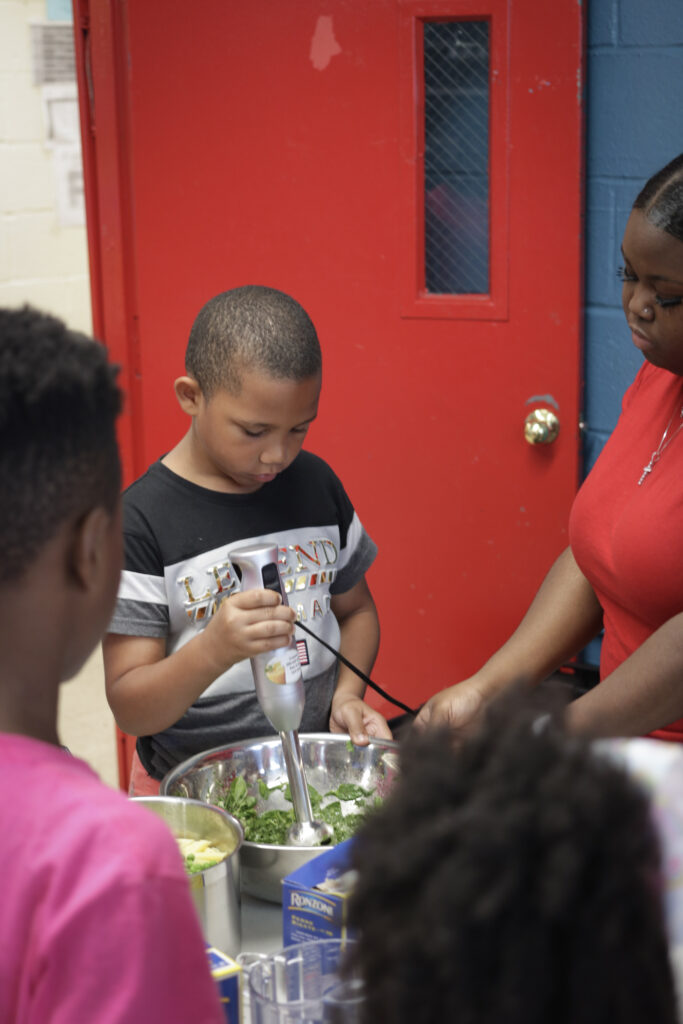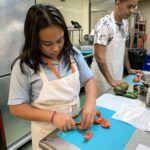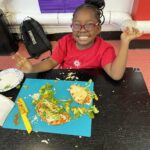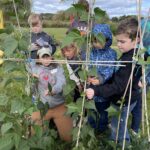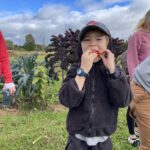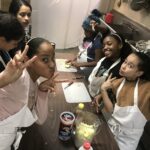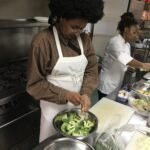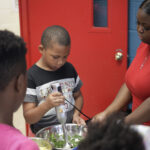Inclusive foodways play a crucial role in fostering a healthy relationship with food, especially among young learners. By integrating educational programs focused on nutrition, cooking skills, and cultural appreciation, we can empower students to understand the importance of what they eat and where it comes from. Our curriculum is designed to foster a learning environment that is inclusive, by focusing on essential skills, vocabulary, and an appreciation for diverse foodways. At the start of our programs, we begin with these lessons to set the foundation for the rest of the classes.
Learning Objectives and Vocabulary
To kick-start our programs, we emphasize foundational learning objectives and vocabulary that enrich students’ culinary education. Key terms such as “farm,” “food,” and “healthy eating” serve as the building blocks for understanding nutrition and health. For instance, recognizing that a farm is essential for food production highlights the connection between agriculture and our daily meals. This knowledge encourages students to appreciate the origins of their food and the hard work that goes into its production. It fosters a foundation for creativity and exploration of seeing where our food comes from.
Skills Development
As we delve into the kitchen, we prioritize teaching essential skills, including basic knife safety and techniques. Concepts like the “bear claw” and “tunnel” help students handle knives safely while developing their slicing and dicing skills. These practical lessons not only enhance culinary proficiency but also instill confidence and independence in the kitchen. A sense of pride that is unbeatable!
Moreover, we teach students the fundamental rules of the kitchen, from setup to cleanup, ensuring they understand the importance of maintaining a safe and organized cooking environment. This holistic approach prepares them for lifelong healthy eating habits.
Fostering Acceptance with “Don’t Yuck My Yum”
A key aspect of our program is promoting an inclusive atmosphere where diverse food preferences are celebrated. The phrase “Don’t yuck my yum” embodies this ethos, encouraging students to respect each other’s tastes and cultural backgrounds. By fostering a space where everyone feels valued, we help cultivate a sense of community and acceptance, essential for encouraging adventurous eating and a classroom that is non-judgemental and does not villainize anyone’s cultural traditions and foodways. Everyone is unique and we respect ALL types of eaters!
“When you’re taught this at a young age, you start to eat in an unbalanced way. I don’t like to label anything as bad or good. Chocolate is good for you if it makes you happy.”
Sondos Khattab, 2023 Sylvia Center Dietetic Intern
In summary, inclusive foodways are vital for nurturing a generation of informed and empowered healthy eaters. By focusing on essential skills, vocabulary, and an appreciation for diverse traditions, we prepare students to make thoughtful food choices. As they learn to appreciate the origins of their meals and respect differing tastes, we empower them to become advocates for healthy eating and inclusivity in their communities.

